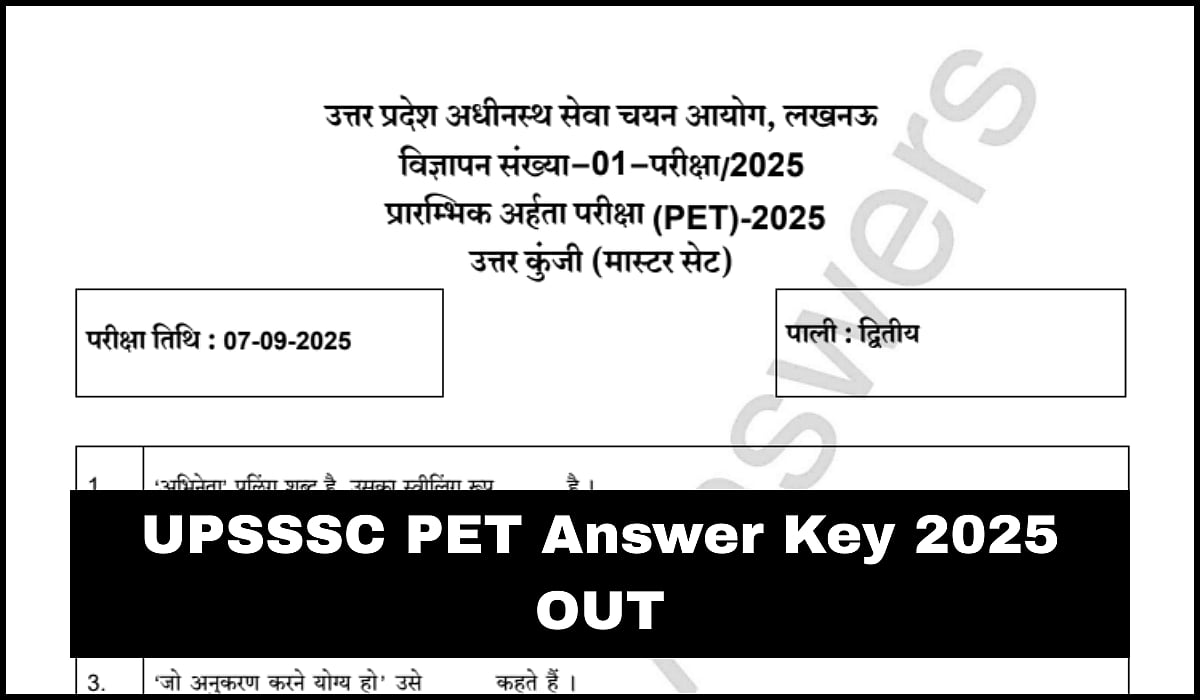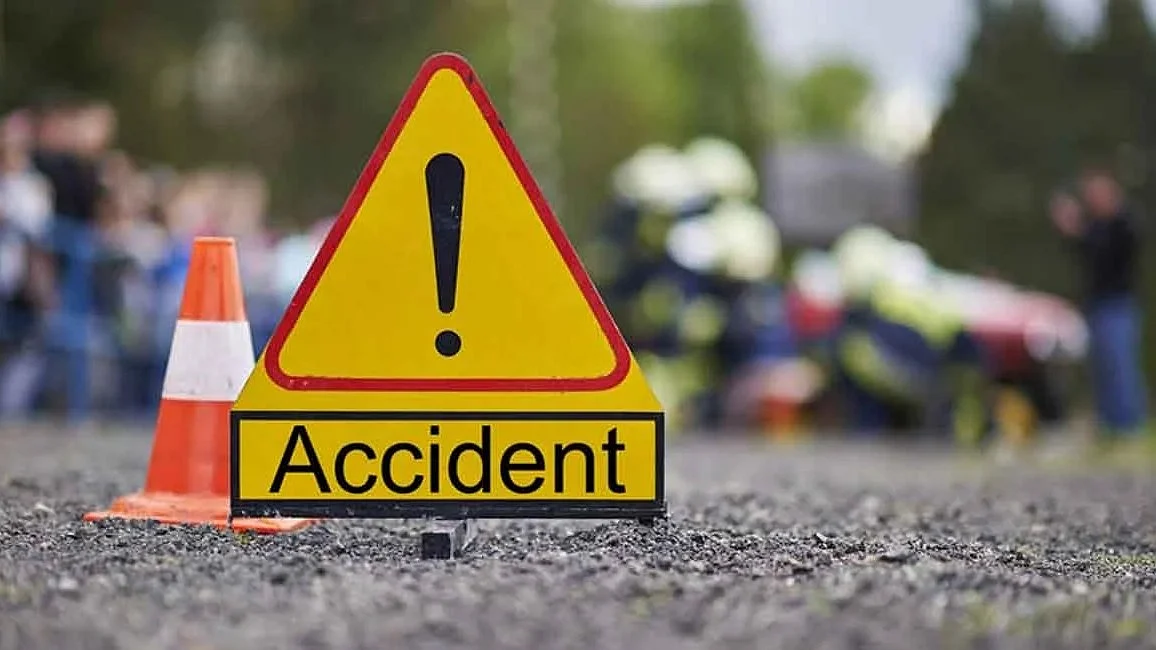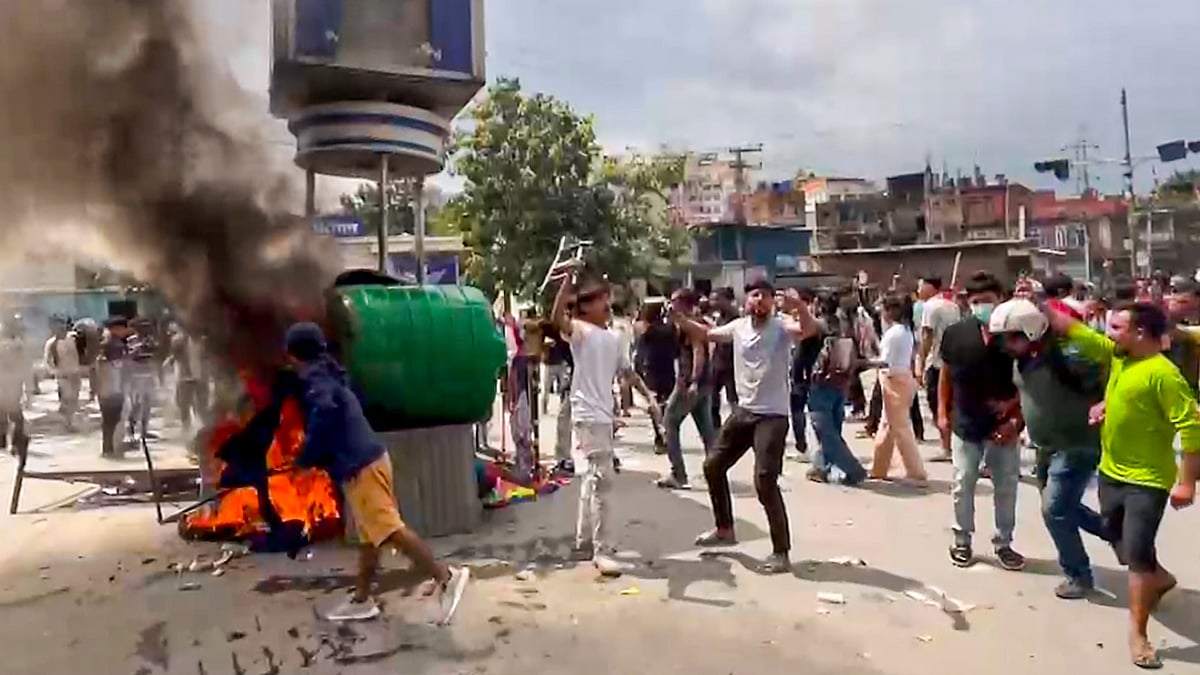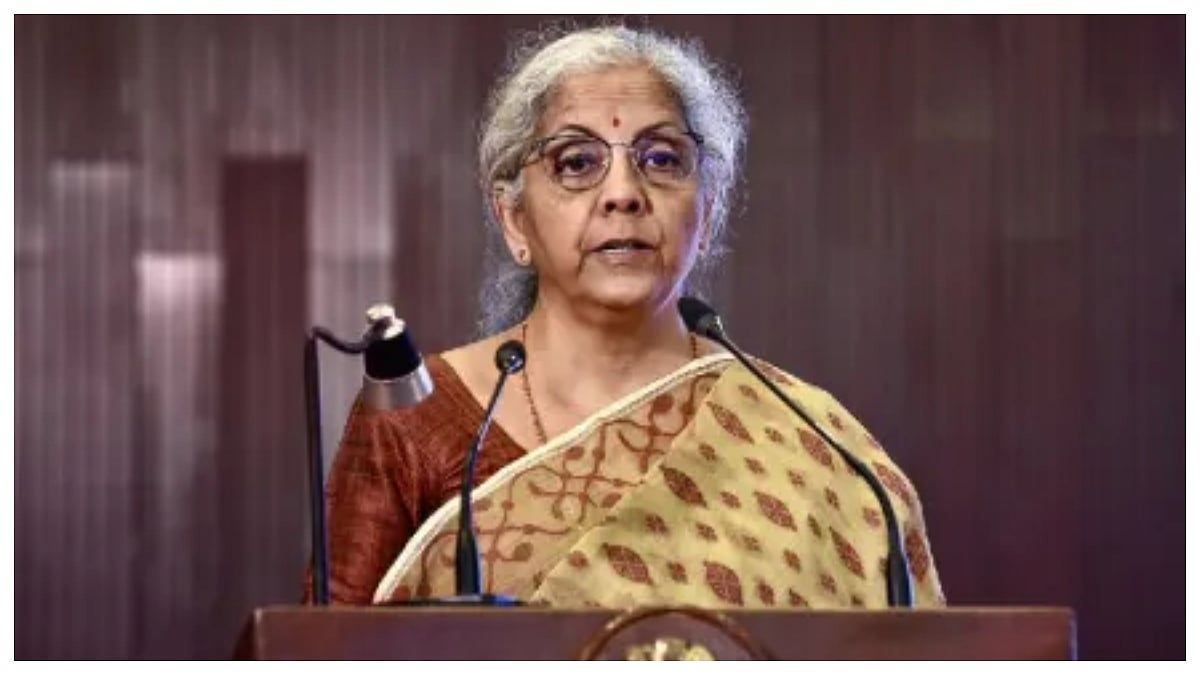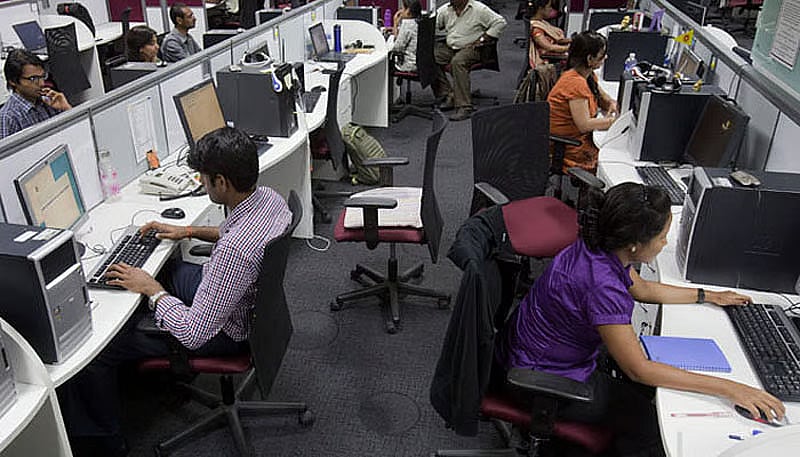Upholding the maintainability of the Gyanvapi suit, the Varanasi district court has decided to continue hearing the petition seeking daily worship of Hindu deities whose idols are located on the outer walls of the mosque in question. In doing so, the court has rejected the Anjuman Intezamia Masjid Committee’s plea, which had cited the Places of Worship (Special Provisions) Act, 1991, to argue that the case was baseless. The Places of Worship Act was enacted in September 1991 with the purpose of prohibiting “conversion of any place of worship and to provide for the maintenance of the religious character of any place of worship as it existed on August 15, 1947”.
The Act was enacted at a time when the agitation around the Ram Janmabhoomi-Babri Masjid dispute was at its peak and India was in the midst of communal disharmony and religious divide over the issue. In order to prevent further polarisation on religious lines and to maintain communal peace, the Places of Worship Act had kept out of its purview the Ram Janmabhoomi-Babri Masjid land dispute. It is another matter that the Babri mosque was eventually demolished by a mob of kar sevaks in December 1992 and the Ram temple-Babri mosque land dispute was finally resolved by the Supreme Court (SC) in November 2019, in a contentious verdict that went in favour of Hindu litigants.
Now, the Varanasi court’s acceptance of a suit filed by five Hindu women seeking permission to pray at Gyanvapi Masjid complex has reopened what the Supreme Court’s Ayodhya verdict was supposed to have closed forever: a debate on the religious character of places of worship. This has come at a time when the country is once again polarised on religious lines and the SC is also seized with pleas challenging the validity of the Places of Worship Act. What is also a cause for concern is the observation of a SC bench in May that the process to ascertain the religious character of a place of worship was not barred under the 1991 Act. The use of word “ascertain” is problematic because it can cause unwarranted doubts to be raised about a religious place, thus setting into motion a vicious cycle of claims and counter-claims.
The BJP has so far not taken an official stand on the Varanasi court verdict, but a sense of jubilation in the BJP camp says it all about the issue, while the silence of Opposition parties over the court’s ruling captures their dilemma. The SC’s decision to hear the pleas challenging the Places of Worship Act besides the Varanasi and Mathura courts’ rulings are likely keep the mandir-masjid debate alive in political discourse and electoral battles in the run to the 2024 Lok Sabha election and beyond. The fact that there is a push for a relook at the 1991 Act, the main bone of contention in the Gyanvapi mosque controversy, and the campaign to “reclaim” the temples in Mathura and Kashi (Varanasi) not only opens fissures in the Places of Worship Act, but could encourage more claimants to knock at the court’s doors in future.
The 2019 SC judgement in the Ayodhya case had underscored the objective of the Places of Worship Act by saying that “historical wrongs cannot be remedied by the people taking law into their own hands”. The court made it a both legal and constitutional duty of the current and future governments to protect other places of worship in India, so that an Ayodhya-like dispute does not arise again. The judgement unequivocally tried to make the 1991 Act watertight by observing that the “law speaks to our history and to the future of the nation”. Thus, the SC left no possibility to tweak the law.
But now other courts have managed to tilt the scales away from the 2019 SC judgment in the Ram Janmabhoomi-Babri case. Last week, the Varanasi district court held that the 1991 law does not apply to the Gyanvapi suit, because the plaintiffs only wanted the right to worship inside the mosque premises, and weren’t staking a claim to its ownership. But allowing members of one community to offer prayers on the premises of another community’s place of worship is tantamount to making an attempt to change the religious character of that place. It’s simple common sense and the law does not have any provision for such tweaking.
In the case of Shahi Eidgah earlier in May, the Mathura district court allowed civil suits challenging the title of the religious structure in question. In doing so, the court ruled that the 1991 Act is not applicable to the suits under section 4(3)(b) of the Act. This provision carves out an exception that says the prohibition under the law won’t apply to any case with respect to any matter on the religious character of a place that was decided or settled before the law came into force. In this case, the litigants have questioned the validity of a 1968 compromise agreement between the Shahi Eidgah and the Sri Krishna Janmabhoomi temple and another order passed by a civil suit in 1974.
The Varanasi and Mathura courts’ orders will not only open the floodgates for litigation concerning disputes between religious communities over places of worship but also have long-term implications on India’s secular fabric which is already under strain. Righting of historical wrongs can be dangerous beyond a point and must be prevented from becoming a relentless exercise undertaken by vested interests. The courts need to tread carefully and draw the line for the sake of peace and communal harmony. The 1991 law must be followed both in letter and spirit.
The writer is a senior independent Mumbai-based journalist. He tweets at @ali_chougule


